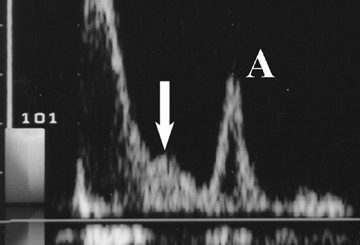Neurology MCQs – 5
Contents
- 1 Austrian syndrome is a triad of all of the following EXCEPT
- 2 Austrian syndrome
- 3 Malignant cells invade the brain parenchyma mostly via
- 4 What is the referred treatment option for solitary brain metastasis?
- 5 Leptomeninges includes
- 6 Most common hematological malignancies causing leptomeningeal metastasis
- 7 Most common solid organ tumors causing carcinomatous meningitis
Austrian syndrome is a triad of all of the following EXCEPT
Austrian syndrome
Austrian syndrome is a rare triad of endocarditis, meningitis, and pneumonia
Austrian syndrome is a rare triad of endocarditis, meningitis, and pneumonia caused by Streptococcus pneumonia described by Robert Austrian in 1956
Malignant cells invade the brain parenchyma mostly via
Malignant cells invade the brain parenchyma mostly via Virchow-Robin spaces
Perivascular spaces, also known as Virchow-Robin spaces, are fluid-filled spaces that surround small arterioles, capillaries
What is the referred treatment option for solitary brain metastasis?
Many studies indicate that the risk of Carcinomatous Meningitis is 2.81 times more with piecemeal resection than in en-bloc resection.
Leptomeninges includes
Meninges - three layers are the dura, arachnoid, and pia
Dura mater - pachymeninges
dura mater is known as the patchy-meningeal layer.
Arachnoid and pia meningeal layers are called the leptomeninges
Most common hematological malignancies causing leptomeningeal metastasis
B-cell lymphoma is the most common etiology for hematological malignancies causing leptomeningeal metastasis
Most common solid organ tumors causing carcinomatous meningitis
Most common solid organ tumors causing carcinomatous meningitis are lung cancer, melanoma, and breast cancer





